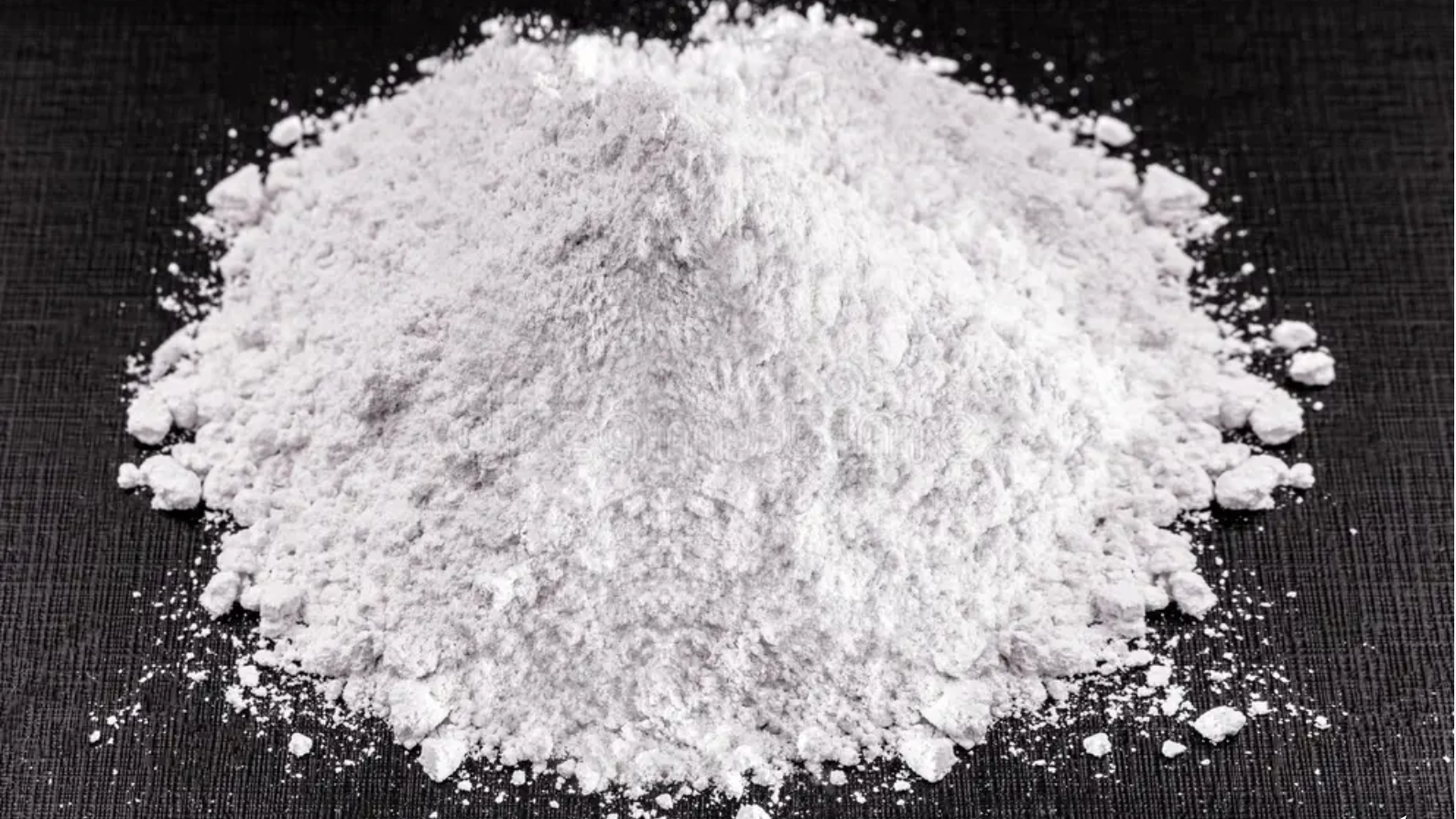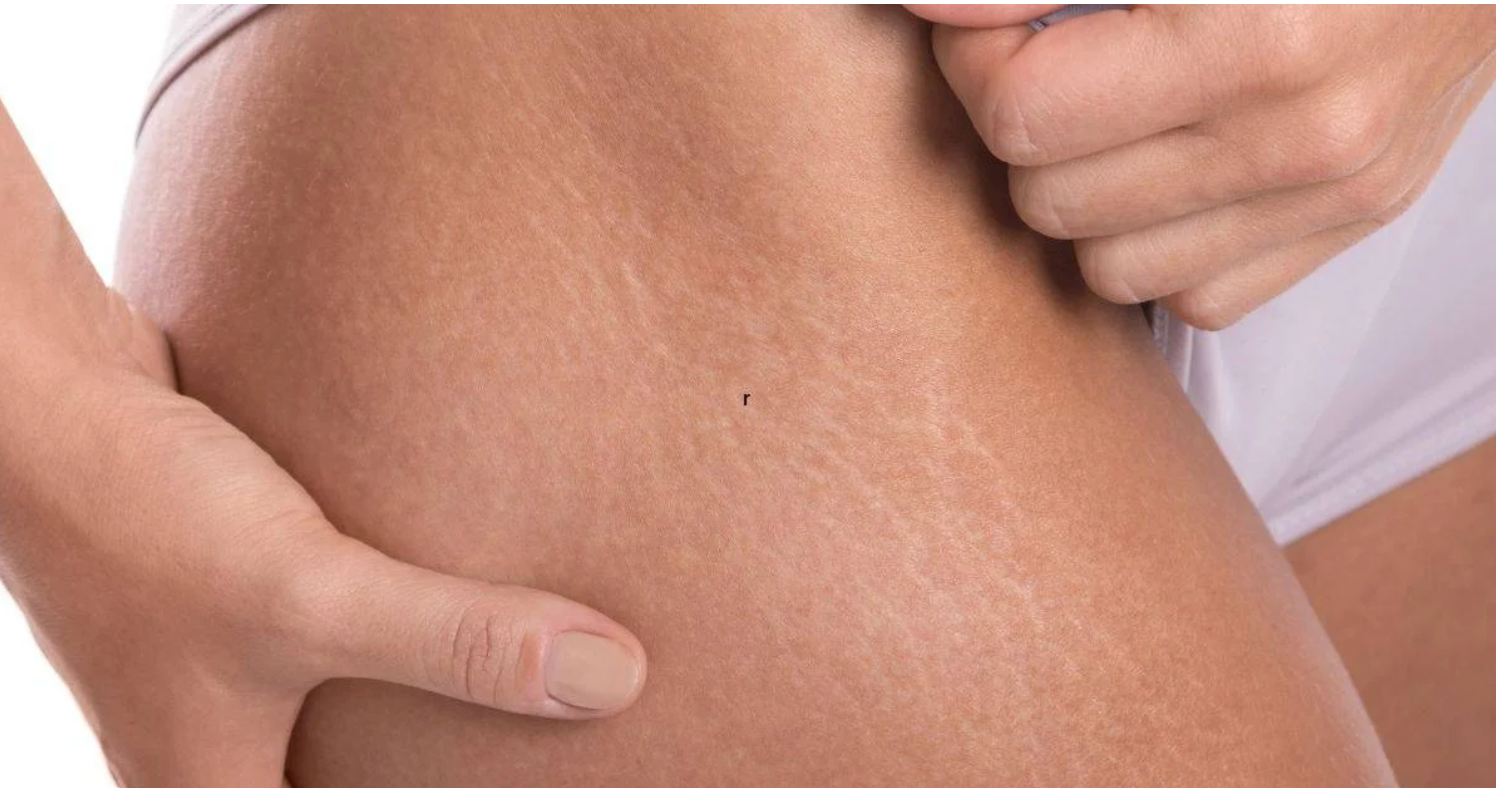
Is silicon dioxide E551 in collagen powder dangerous?
Yes! In this blog post, we want to raise awareness of the health impact of food additives (unnecessary additives/E numbers) in collagen. And what silicon dioxide is, the anti-caking agent found in many supplements!
There's increased consumer awareness. But so much misinformation is appearing online that we feel the urgent need to inform you.
Read more below the picture

Researchers reveal long-term effects of using silicon dioxide - E551.
Who are these researchers?
And is silicon dioxide E551 in collagen powder dangerous?
Researchers from McMaster University and the TOXALIM Research Centre in Food Toxicology at INRAE, France, have revealed findings on the long-term effects of the commonly used food additive silicon dioxide (SiO2 or E551) on gut health .
The study, a first of its kind into the chronic effects of SiO2 ( anti-caking agent ), shows that the additive does not directly damage the intestinal wall , but does significantly alter the function of immune cells .
This E number, E551, is found in various foods such as coffee creamer and soup, sauce, and spice mixes and consists of silica nanoparticles. It's also found in many other collagen powder supplements. Therefore, always critically review the ingredients list . The more ingredients, the more you need to consider whether it's what you really want or need.
Be critical about which collagen powder you use and investigate whether your collagen powder is dangerous
Collagen is a type of protein. It's found throughout your body. Your body produces collagen naturally, but as you age, your own production declines. People use collagen powder to replenish this decline as much as possible, for example, to maintain healthy skin.
The LAYZIN Collagen Complex contains hydrolyzed collagen powder without anti-caking agents or Silicon di oxide (SiO2).
So this LAYZIN collagen complex doesn't contain any unnecessary additives . The only additions are vitamin C and hyaluronic acid. Vitamin C is essential for collagen production in your body. And hyaluronic acid helps improve skin's moisture balance. This composition and the amounts make it a good anti-aging formula.
Sometimes it seems good to see that certain collagen powder brands have been supplemented with all kinds of additives such as other vitamins or minerals.
But do some research to see if your collagen powder is dangerous because you take it every day.
And be aware that you don't need these supplements unless your doctor prescribes certain additional vitamins or minerals. Your body gets the nutrients it needs from your daily diet.
What is silicon dioxide SiO2?
Si is silicon
2 stands for di
O stands for Oxide
This silicon dioxide ingredient in collagen is usually listed on packaging as E551 . Silicon dioxide can be used as the main ingredient in dietary supplements or in small amounts to improve their stability. This substance is also found in other ready-made sachets. (Read more below the photo.)

Silicon-containing collagen supplements are commonly sold with claims to improve bone, skin, hair, and nail health, but little was known about them until early this year, and more research was needed to support or disprove their benefits and overall safety.
Where is silicon dioxide SiO2 found?
Silicon dioxide is mainly found in small particles like sand, which consists mainly of quartz. SAS (Synthetic Amorphous Silica) is also known as food additive E551 , an anti-caking agent .
This E number, E551, is found in various foods such as coffee creamers and soup, sauce, and spice mixes and consists of silica nanoparticles. It's also found in many other collagen powder supplements.
Therefore, always critically review the ingredients list . The more ingredients, the more you need to consider whether it's what you really want or need.
NOTE: The human body obtains the vitamins and minerals it needs from food. It's well known that vitamin and mineral supplements are never a substitute for a regular diet.
Is silicon dioxide in collagen powder dangerous, unhealthy, or harmful?
Taking daily supplements can lead to an excess of silicon dioxide. We have outlined the results of this study below.
The study was led by Elena Verdu , a professor in the Division of Gastroenterology in McMaster's Department of Medicine and associate director of the Farncombe Family Digestive Health Research Institute.
Preclinical models were used to study the impact of SiO2.
“Our research is crucial to understanding how common food additives we consume every day can affect gut health,” said Elena Verdu.
Their team used a mouse model with human celiac disease genes and another model of oral tolerance to common food proteins.
The results of the research on silicon dioxide in collagen supplements
The findings showed that long-term exposure to SiO2 led to increased reactivity towards ovalbumin and reduced regulatory immune cells involved in oral tolerance.
This resulted in the mice with human celiac disease genes showing more damage to the intestinal wall and higher levels of inflammation when exposed to SiO2.
“Our research raises concerns that chronic intake of commonly used food additives in food processing, such as SiO2, could contribute to gastrointestinal immune-mediated diseases such as food allergy or celiac disease,” said Mark Wulczynski, a doctoral candidate and co-author of the study.
The study, funded by the French National Research Agency and the Canadian Institute for Health Research, shows that food additives considered safe can still promote low-grade inflammation in the gut , potentially causing food sensitivities or conditions such as celiac disease.
Therefore, be aware that daily use of a collagen supplement that contains this ingredient may have adverse effects on your body.
“ We need to rethink our approach to food additive safety, especially given their chronic effects on gut immunity, ” Verdu added.
These findings are crucial as gastrointestinal diseases are increasing globally , especially in Western societies, with changes in diet and processed foods playing a major role.
Our findings should raise concerns for those suffering from food sensitivity. Furthermore, they emphasize the need for healthcare professionals caring for patients with gastrointestinal conditions to emphasize the importance of a healthy diet and limiting processed food intake. Wulczynski notes.
Is silicon dioxide E551 in collagen powder dangerous?
The study, titled " Evaluating the effects of chronic oral exposure to food additive silicon dioxide on oral tolerance induction and food sensitivities in mice ," published in Environmental Health Perspectives on February 21, 2024, calls for further research into the impact of food additives on health and increased consumer awareness of their potential effects.
Want to learn more about the LAYZIN Collagen Complex? Read the details in our BLOGS or on the product page for our Verisol collagen powder.
Source: https://medicine.healthsci.mcmaster.ca/surprising-impacts-of-common-food-additive-on-gut-health/
With this blog we have tried to give you insight into the question: Is silicon dioxide E551 in collagen powder dangerous?



Leave a comment
This site is protected by hCaptcha and the hCaptcha Privacy Policy and Terms of Service apply.